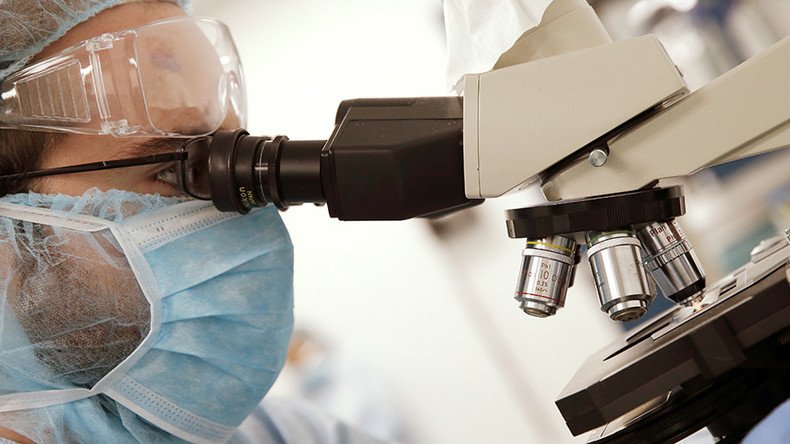Starve cancer of energy with natural molecule, study advises

Cancer’s energy source can be thwarted by a naturally-occurring molecule which stops affected cells from consuming sugar, according to a new study.
Koningic acid (KA) was found to disrupt the metabolism of cancerous cells.
Published in Cell Metabolism the team from Duke Cancer Institute in North Carolina first set out to study the ‘Warburg effect,’ a known but little understood process in which cancer cells modify their metabolism to consume glucose for energy production.
Alcohol causes cancer, about 4% of new cases annually in the UK – study https://t.co/8vRTZPcQF4
— RT (@RT_com) September 10, 2017
The team compared stages of the Warburg effect to that of normal cell activity. An enzyme known as Glyceraldehyde-3-phosphate dehydrogenase (GAPDH) was found to control the rate of glucose processing in cancer cells.
Researchers tested koningic against GAPDH and discovered how to successfully curb its glucose consumption in mouse models. Normal cells were not affected by the introduction of the molecule.
Drug that fights aging, cancer, and radiation could reach market in 5 years https://t.co/cal271Mrzvpic.twitter.com/CCSThYIMAZ
— RT (@RT_com) March 25, 2017
The Warburg effect has varying levels of influence in cancers, even being absent in some cases. A model to measure the GAPDH enzyme’s effect was developed, allowing the team to know when the introduction of KA is a sufficient treatment.
“We’ve seen with genetics that cancers can be targeted based on whether certain mutations are present, and it could be that selectively targeting tumors based on their metabolism could have a similar impact,” the study’s lead author, Maria Liberti, said in a press release.
Further study of their findings is needed, according to the researchers, who say their discovery needs to be reproduced in more animal studies. Other molecules may also be able to produce the same results as koningic acid, they said.












